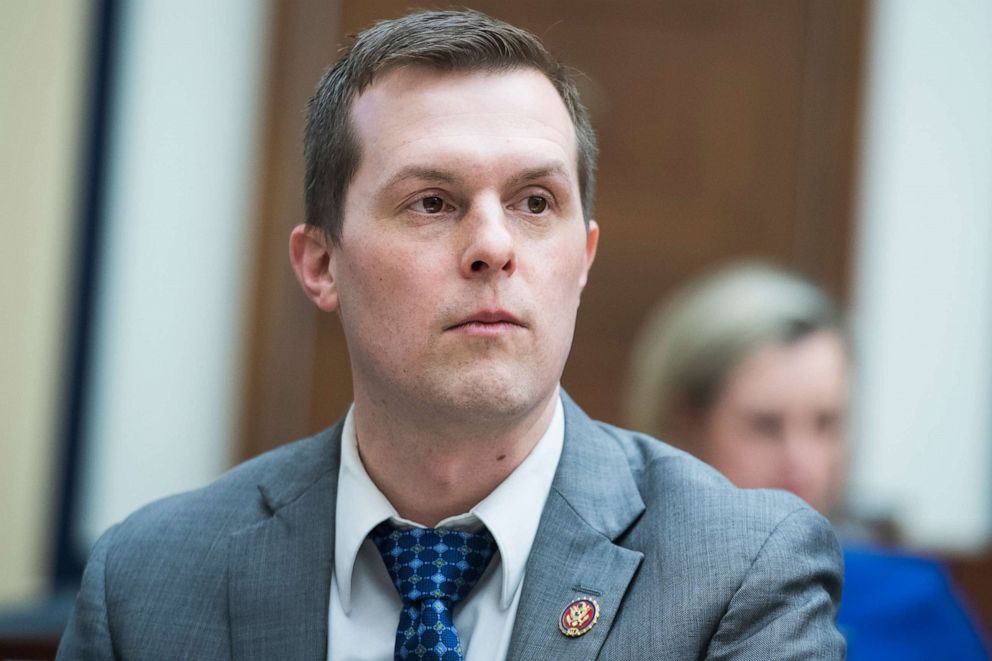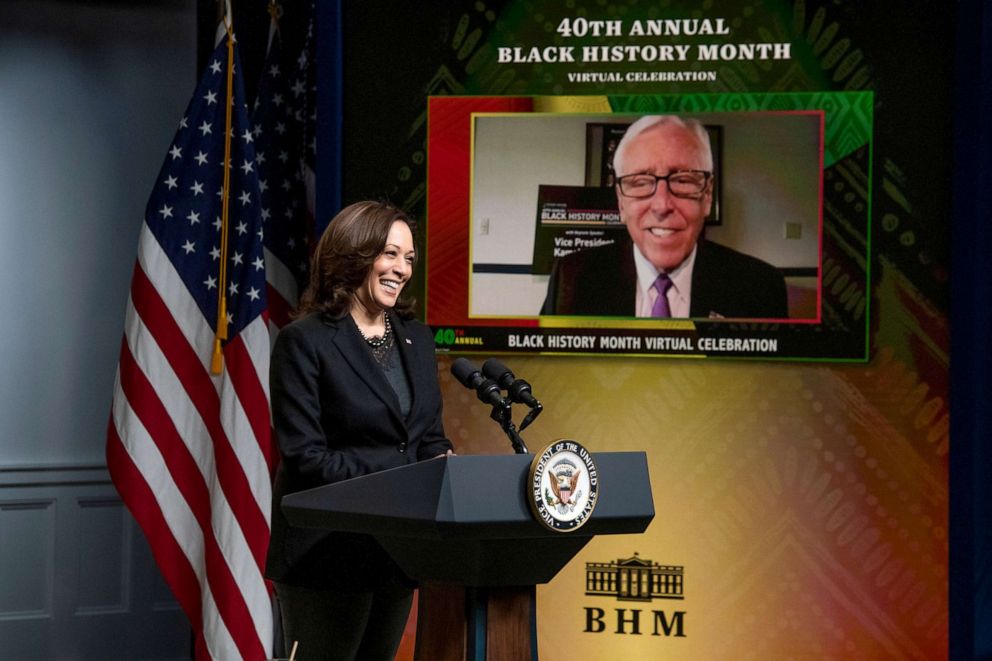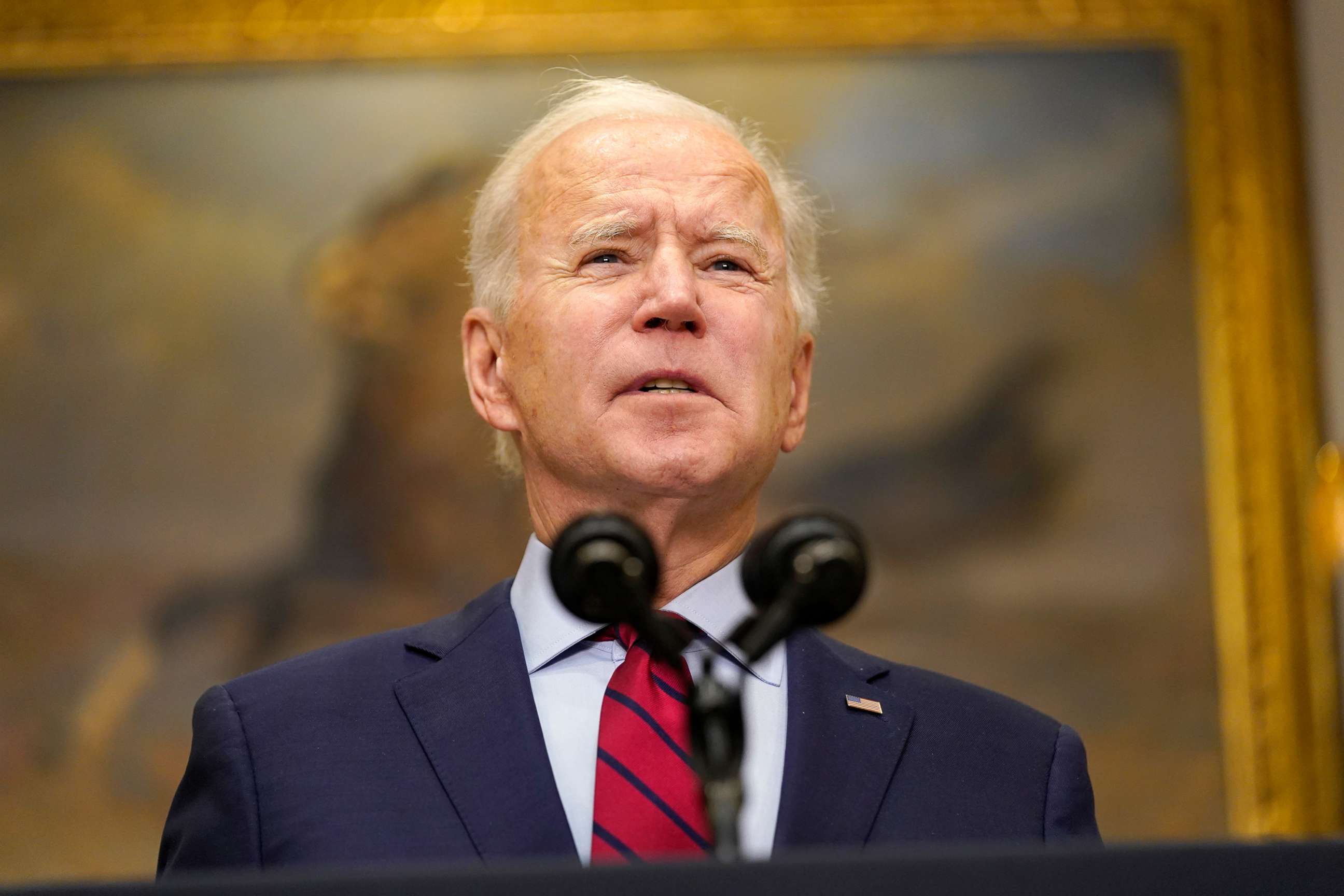House Democrat details reasons for voting "no" on COVID-19 relief bill
Rep. Jared Golden, one of only two House Democrats who voted against the COVID-19 bill early Saturday, detailed his decision to vote no in a lengthy statement, taking issue with the size and scope of the package -- and the large price tag that comes with it.
Golden said he supported funding for vaccine distribution and testing, and emergency unemployment benefits, but disagreed with the funding efforts that duplicate efforts still being funded by previous stimulus plans or that he views as unnecessary -- including the income range for the $1400 Direct Checks

"This bill allocates $1,400 direct checks to individuals making up to $75,000 and married couples making up to $150,000, with phased-down checks for households with incomes as high as $200,000. Under this bill, it is estimated that over 90 percent of Maine tax filers would receive a check from the federal government. While those who have lost jobs or had hours reduced ought to receive income support, it is a waste to send a third round of government checks to wealthy individuals making almost three times the average household salary in Maine’s Second Congressional District," he wrote.
Golden also took issue with the inclusion of the Child Tax Credit expansion, a two-year enhancement of premium subsidies under the Affordable Care Act, and multiemployer pension reform, saying he supported the policy but disagreed with passing them through an emergency bill.
“Many have popularly claimed that the biggest threat is not that Congress goes too big but that it goes too small in responding to the current economic situation," Golden wrote, paraphrasing Biden's common talking point.
"They are ignoring the possibility of a much-anticipated infrastructure proposal from the Biden Administration later this year which could offer a chance for Congress to further boost the economy if necessary. Between the money spent in 2020 and today’s package, we are already nearing $6 trillion in new spending in less than one year. This amount of new spending is unprecedented since World War II. It’s not unreasonable to take a step back and ask ourselves if we are making every dollar count and picking the right priorities. At some point, the bill has to come due, and when it does, it could put at risk critical programs such as Medicare or sap resources needed for important future priorities, from rebuilding our crumbling infrastructure to fixing our broken healthcare system.”
Notably, nowhere in the statement is the issue of the $15 minimum wage mentioned.
-ABC News' Molly Nagle






